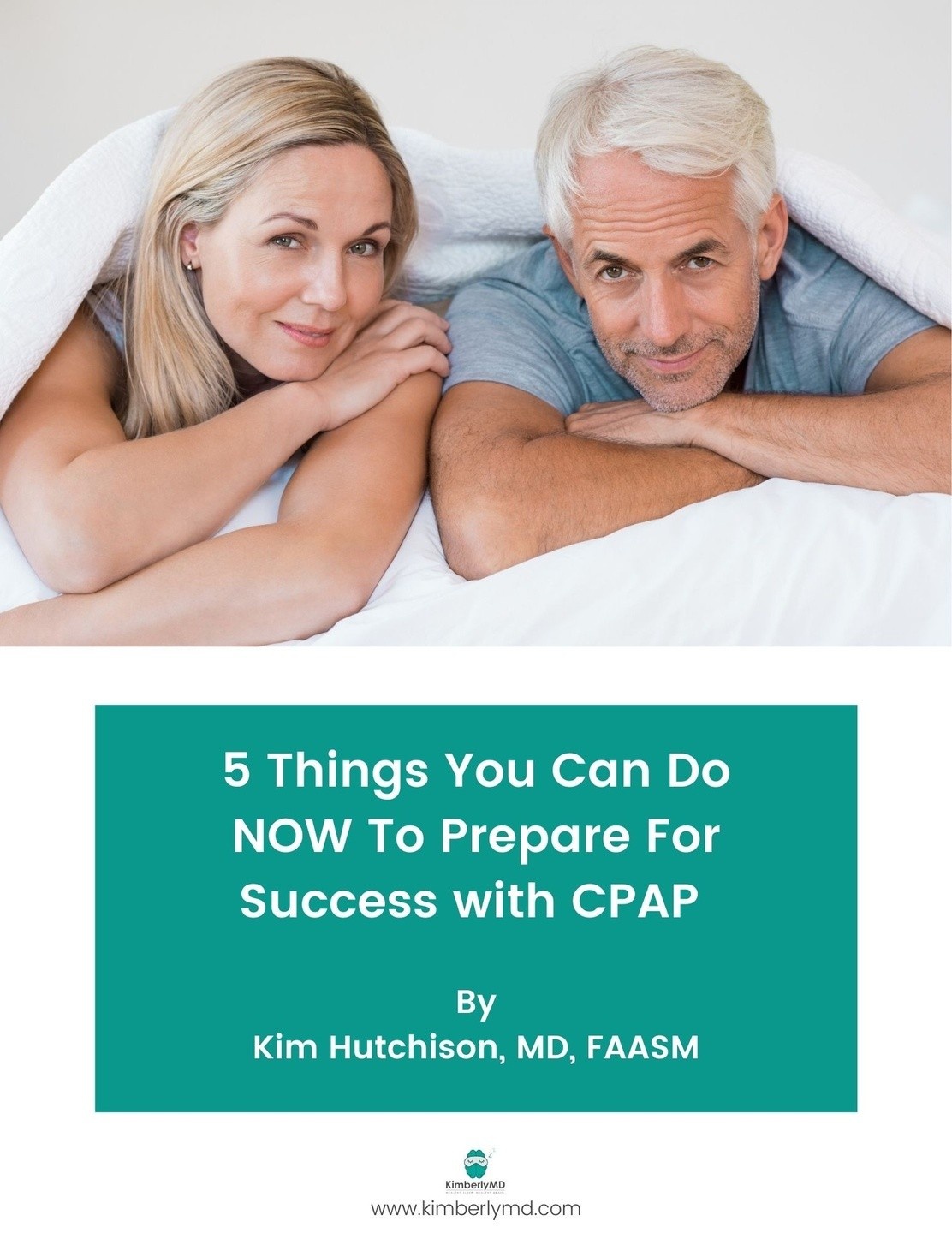Stop Sleep Meds for A Sleep Study?
Hey Sleep Warrior,
Today I’m addressing a common question that puzzles patients as they prepare for a sleep study: "Should I take my usual sleep aid the night of my sleep study?" Whether it be Melatonin, Tylenol PM, cannabis or an alcoholic drink, sleep clinics don’t always do a great job at informing patients on this topic.
So, let's dive into why the answer is generally "Yes" and how it impacts your sleep study results.
When you're scheduled for a sleep study - whether it be in the lab or at home, the goal is to capture an accurate snapshot of your typical night's sleep. This means your sleep patterns, any sleep disturbances, and you guessed it - any remedies you usually rely on, like Melatonin, Tylenol PM, cannabis, alcohol or prescription sleep aids.
Your sleep study aims to observe how you normally sleep. If taking something is part of your nightly routine, discontinuing it could alter your sleep patterns, leading to a less accurate assessment. Plus, if you suddenly stop taking something that helps you relax and fall asleep - you may experience rebound insomnia, and this lying awake can add to the inaccuracy of the test.
Taking your sleep aids allows the sleep clinic to see the full picture of your sleep health, including how these aids affect your sleep architecture and quality. And this is crucial for developing an effective treatment plan.
So let your sleep specialist know what you are taking so this can be considered in your sleep study analysis. Interestingly, over-the-counter sleep aids typically have minimal effect on sleep apnea. However, alcohol can exacerbate sleep apnea symptoms, however it’s still important that your sleep study reflects your usual habits, including any regular alcohol consumption.
For many, the thought of a sleep study is daunting. Continuing your usual regimen can help ease anxiety, making it easier to sleep with all that fun equipment on. The key is to communicate openly with your sleep clinic about your routine so they have all the information needed to make your sleep study as effective as possible.
Thanks for being here, I’ll see you next week!



